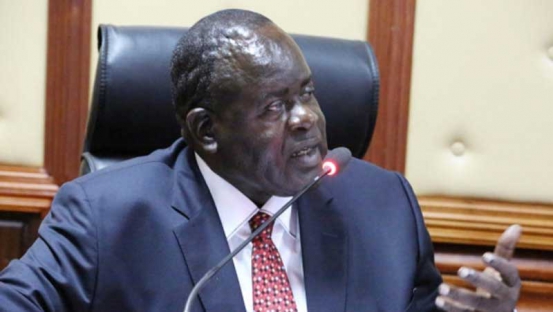×
The Standard e-Paper
Join Thousands Daily

Homa Bay and Nyamira counties under performed in local revenue collection during the first nine months of 2016-2017 Financial Year (FY) despite automating their revenue collection.
However, they registered an increase in expenditure on allowances and foreign trips during the same period, according to Controller of Budget (COB) Agnes Odhiambo.